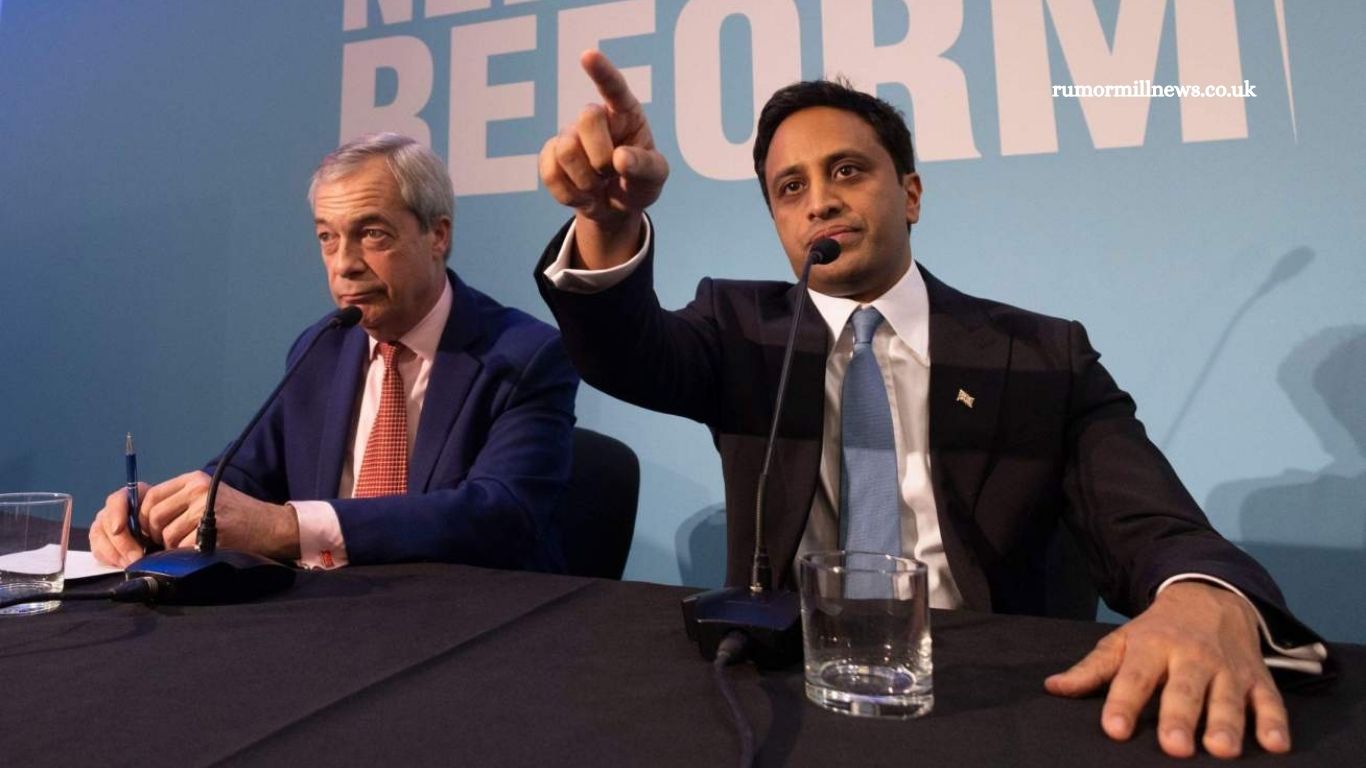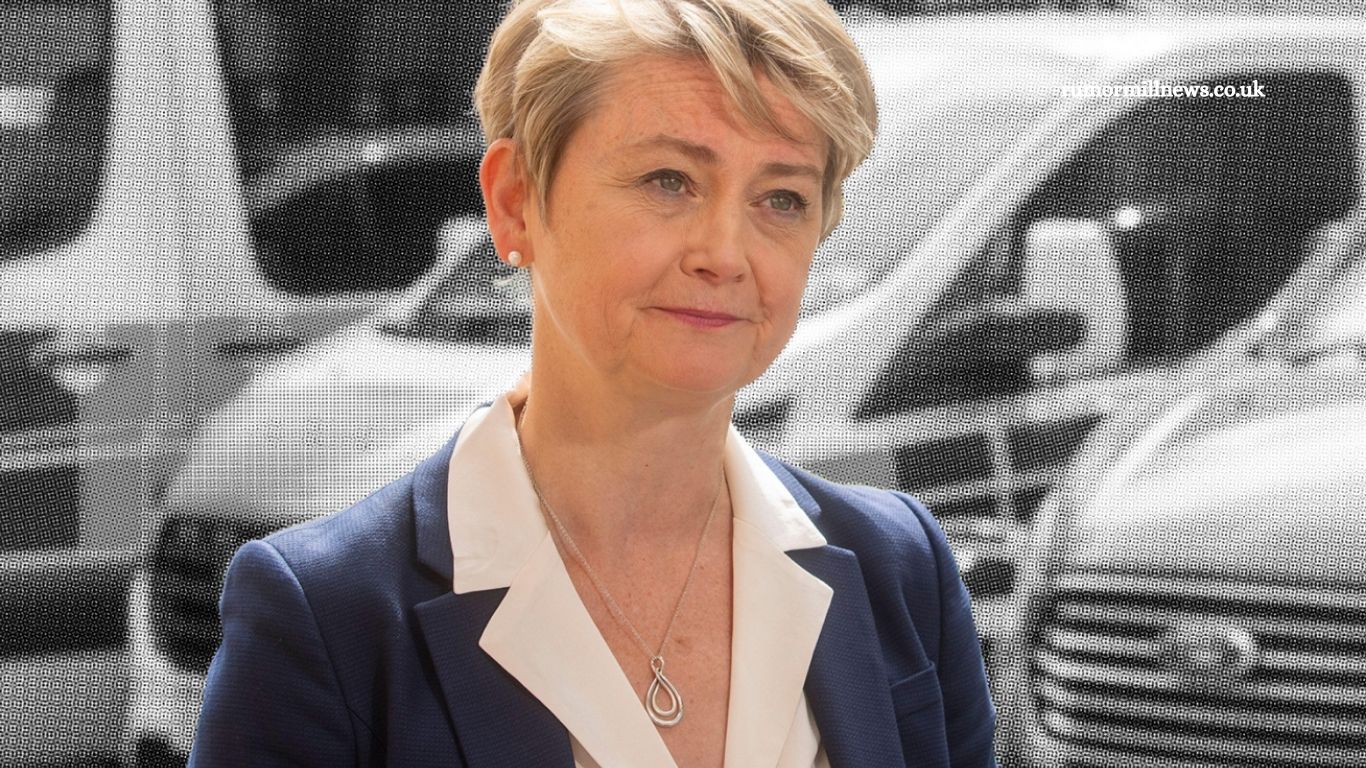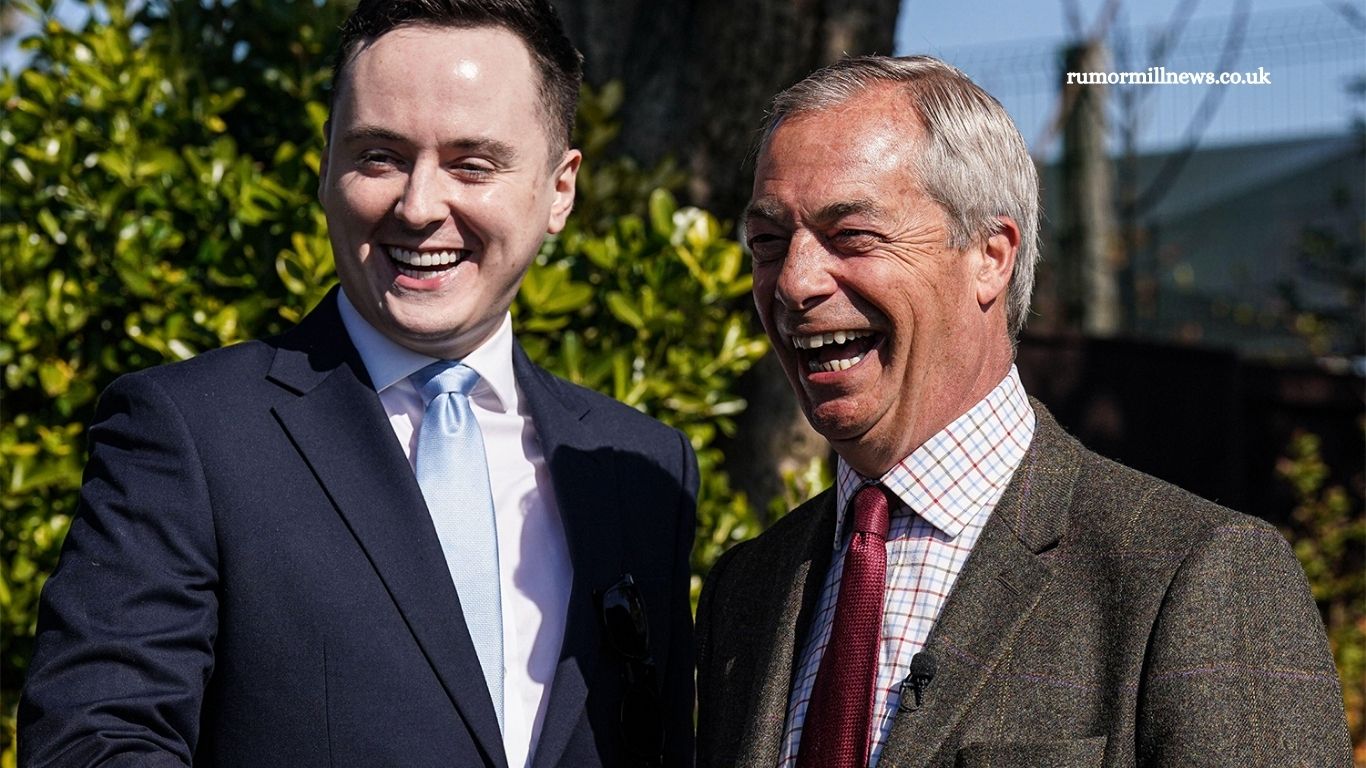Zia Yusuf, a senior figure in the Reform UK party and head of its Department of Government Efficiency (DOGE), is facing criticism after a series of events that appear to blur the line between party politics and public administration. Accusations have emerged that Yusuf politicised non-political council staff by publishing an image featuring Anna Earnshaw, Chief Executive of West Northamptonshire Council, in a context seen by many as overtly political.
The incident has raised alarm bells across the political spectrum and within local government circles, reigniting long-standing concerns over political interference in the impartial public sector.
Background: Reform UK’s “DOGE” and Its Musk-Inspired Agenda
The Department of Government Efficiency (DOGE) was established by Reform UK to audit local councils, echoing similar cost-cutting and bureaucratic reforms championed by billionaire and former Trump adviser Elon Musk. Its stated aim is to root out inefficiencies and reduce taxpayer burdens.
However, its execution has sparked backlash. Critics argue that instead of improving governance, the DOGE initiative is undermining the neutrality of local government staff and pushing party narratives through public institutions.
Read More: Darren Grimes of Reform UK Misses Key Entry in Register of Interests — He’s Not Alone
The Photo That Sparked Outrage
On June 13, 2025, Zia Yusuf posted on social media after a visit to West Northamptonshire Council, stating:
“Great DOGE trip to Reform-controlled West Northamptonshire council. We have an outstanding leadership team there, who have already started saving taxpayers big money.”
The post included a photo of Yusuf and others posing with Chief Executive Anna Earnshaw, who also served as Returning Officer during the May elections—raising questions about conflicts of interest and political neutrality.
While the image may appear benign at first glance, its implications are far-reaching. Byline Times reported that the photograph was not approved for political use. A council spokesperson later clarified that while the photo was “spontaneous,” officials were unaware it would be used by Reform UK for political messaging. The council subsequently requested that the image be taken down—yet it remains live across several platforms.
The Role of Apolitical Officers and Electoral Integrity
Council executives like Earnshaw are legally bound to remain politically neutral. The Local Government Association states:
“You – and your officers – need to be politically astute, but not political.”
Given that Earnshaw oversaw the recent elections, critics say her inclusion in a promotional image with a political party undermines public trust in electoral fairness and professional impartiality.
Liberal Democrat leader Cllr Jonathan Harris criticised the move, saying:
“Reform UK knew full well that including an officer in a photograph of what was [seemingly] a political meeting was not acceptable. It’s a trick they’ve used elsewhere.”
Performance or Policy? The Questionable Nature of Reform’s Claims
In Yusuf’s post, he praised the council’s “efficiency” in saving taxpayer money. However, these claims lack substantiation. Local government funding has faced deep cuts over the last decade, with many councils operating on budgets 40% smaller than in 2010. Essential services like adult and children’s social care now consume over 70% of spending, leaving little room for discretionary “waste.”
Local representatives say the DOGE visit offered no substantive review.
Cllr Harris noted:
“Reform UK asked for no information, were provided with no information, and yet proclaimed that they were already saving taxpayers money. It’s performative politics.”
Broader Implications: Politicising the Civil Service?
This isn’t an isolated incident. Reform UK’s post-election activity has stirred similar concerns in other areas.
In Kent, Yusuf reportedly conducted media interviews from inside the council chamber—a space designated for official, non-partisan use. Local councillors were not informed beforehand, and concerns have arisen about party activists accessing sensitive council data.
As reported by the NN Journal, a formal data-sharing agreement is being drawn up between DOGE operatives and the council, allowing access to confidential documents. While Reform UK claims this data will be pseudonymised and that volunteers have signed confidentiality agreements, critics worry about enforcement and data protection risks.
Legal and Ethical Gray Areas
While no laws may have been explicitly broken, experts argue the events fall into a troubling ethical gray zone.
- Data protection: Even with confidentiality clauses, volunteers accessing public data raises questions about compliance with UK GDPR.
- Electoral fairness: A Returning Officer posing with a political figure post-election may cast doubt on the integrity of democratic processes.
- Public trust: The perception of impartiality is as important as the reality—once lost, it’s difficult to rebuild.
Frequently Asked Questions
Who is Zia Yusuf?
Zia Yusuf is a senior figure in Reform UK and head of the party’s DOGE unit, designed to audit local councils for inefficiencies.
What is the DOGE initiative?
DOGE stands for Department of Government Efficiency. It’s Reform UK’s project to identify and eliminate waste in local government operations.
Why is the photo with the council CEO controversial?
The photo includes Anna Earnshaw, a politically neutral official and Returning Officer. Her appearance in a political post raises ethical concerns.
Was the photo taken with permission?
A council spokesperson said it was taken spontaneously and without knowledge it would be used politically. A request to remove it has been ignored.
Has Reform UK made any verified savings through DOGE?
No documented or independently verified savings have been presented as of yet.
Is DOGE accessing confidential council data?
Yes. A data-sharing agreement is being developed, though Reform claims the data will be pseudonymised and handled confidentially.
What are the legal implications?
While likely within legal boundaries, the actions may violate codes of conduct regarding impartiality and public trust.
How have other political parties responded?
Liberal Democrats and others have condemned the actions, warning of potential misuse of council resources and damage to democratic norms.
Conclusion
The controversy surrounding Zia Yusuf’s DOGE initiative underscores a deeper tension in modern politics: where does governance end and party promotion begin?
By inserting party operatives into council spaces, posting political content involving apolitical figures, and seeking access to sensitive data under the guise of reform, Reform UK risks undermining one of the core tenets of British democracy—impartial public service.
The photos, social media statements, and lack of transparency surrounding DOGE visits suggest a growing pattern: one where political theatrics overshadow substance. And while the moves may energize Reform’s base, they may come at the cost of eroding trust in institutions that are supposed to serve everyone, regardless of political stripe.




